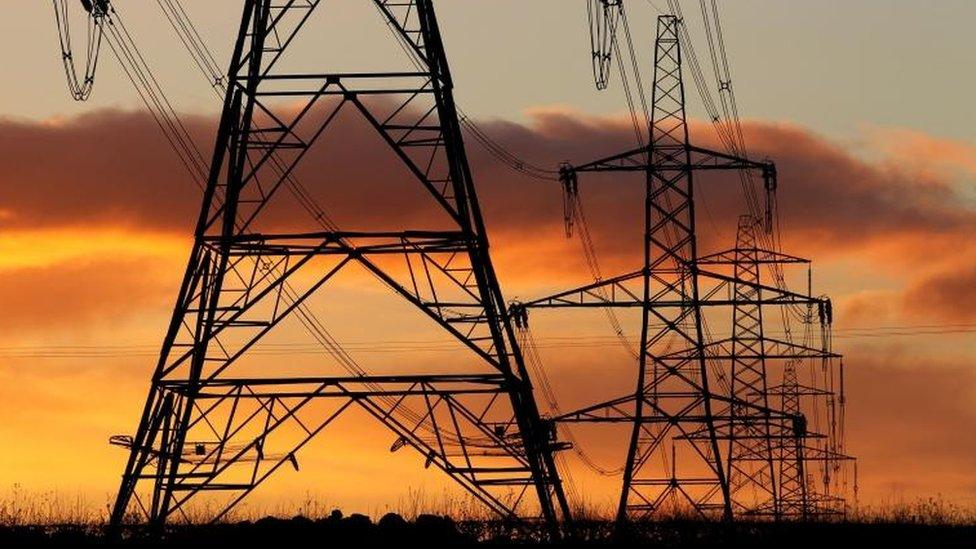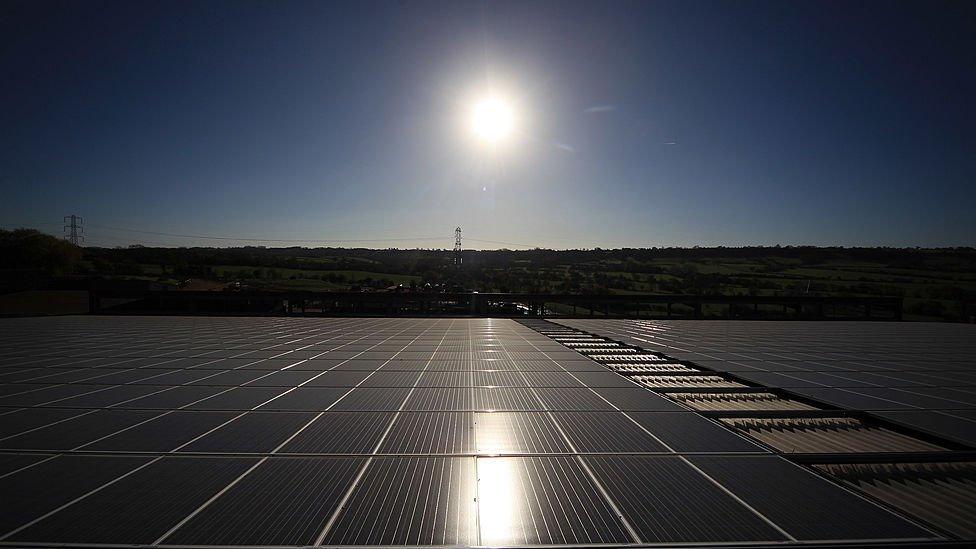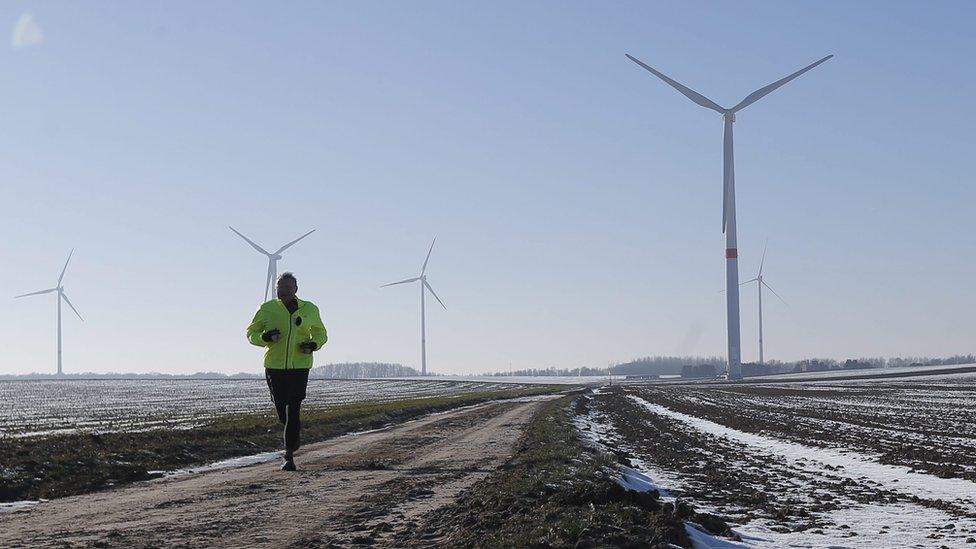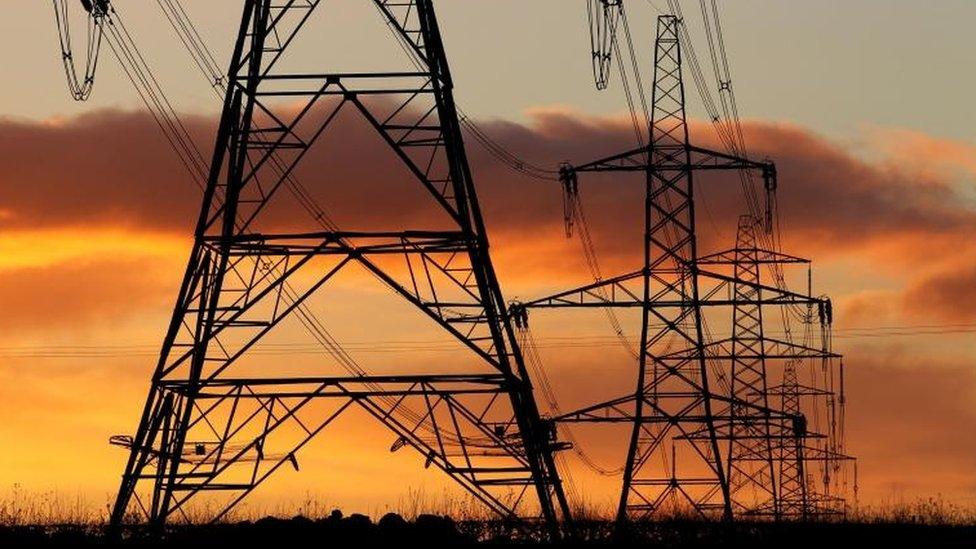Energy industry has 'opportunity' to address price cap
- Published

Energy suppliers have a "window of opportunity" to address government proposals for a cap on energy prices, according to Steve Holliday, the vice president of the Energy Institute.
Mr Holliday said there was an opportunity "to come back with some serious suggestions".
Last week's Queen's Speech appeared to water down commitments to a price cap.
Instead it said ministers were "considering the best way" to protect those on the poorest-value tariffs.
Before the election, the government had proposed intervening in the energy market to help millions of domestic gas and electricity customers by cutting around £100 off their energy bills.
Last year, a landmark investigation by the Competition and Markets Authority concluded that many households on standard variable tariffs were paying too much for their energy.
It calculated consumers were overpaying by up to £1.2bn a year and recommended a price cap for households using pre-payment meters.
Several large suppliers have questioned the findings. But they have come under increasing political pressure for their treatment of loyal customers on standard tariffs.
Some merit
Mr Holliday, a former chief executive of National Grid, said the energy industry's reaction to the idea of a price cap was mixed.
He was speaking at the launch of the Energy Institute's annual barometer, which gathers the views of industry members.
The survey, completed by 466 members across the energy sector, indicates that that some see merits in a price cap to tackle affordability and poverty.
But most respondents were against a cap. "There were lots of people identifying the negative impact on investment, decarbonisation and on competition in the supply industry" said Mr Holliday.
"When you looked across the whole of the participants here... more than half were not in favour of a price cap," he added.
Brexit
The Energy Institute's barometer for 2017 also identified Brexit as a "material concern" to the energy sector.
Members of the institute were concerned about uncertainty around energy policy, the availability of skilled labour, future trading arrangements, energy costs, security of supply and investment.
"The stakes are high for the UK's energy economy", said Mr Holliday.
"Sound policy making should not be drowned out by Brexit or other political upheavals."
A majority of those who responded to the survey want to keep most EU directives enshrined in UK law.
But a majority also want to see the UK abandon EU state aid rules and opinion is divided on British involvement in the EU emissions trading system.
As part of its Brexit plans, the government has confirmed that the UK will also leave Euratom, the European nuclear treaty covering the safety and the transport of nuclear material.
Energy professionals believe this move will negatively affect most aspects of the nuclear sector, including the cost and deliverability of new nuclear plants such as Hinkley Point C.
A majority also view President's Trump's decision to withdraw the US from the Paris climate Agreement as a "material concern", although one that can overcome by action at a state and federal level.
- Published8 June 2017

- Published19 April 2017

- Published8 February 2017

- Published19 January 2017
